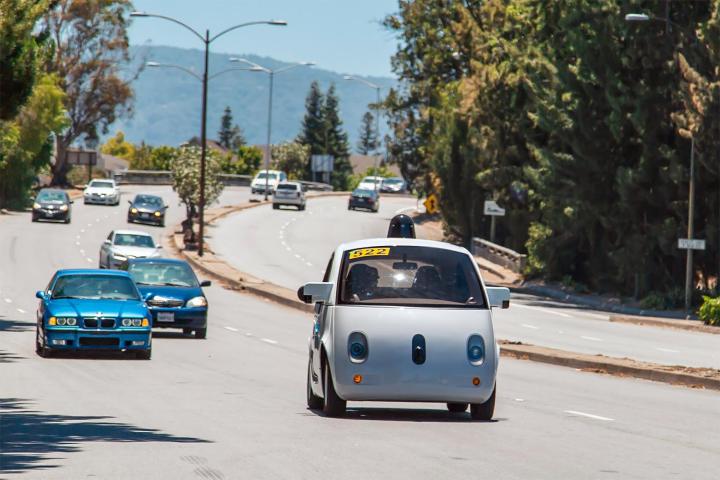
A recent study by the University of Michigan Transportation Research Institute found that consumers prefer to keep control of their cars. The majority of the 505 respondents seemed to prefer vehicles with less automation, and expressed concern about riding in autonomous cars.
The results were released by researchers Brandon Schoettle and Michael Sivak Wednesday, days before a 32-acre testing facility for autonomous and connected cars is scheduled to open at the University of Michigan’s Ann Arbor campus.
When asked what level of vehicle automation they preferred, 43.8 percent of respondents said none. That was the most frequent response, followed by partially self-driving at 40.6 percent. Completely self-driving was the least-chosen option at 15.6 percent.
Similar reticence was expressed about riding in a self-driving car. The study found that 35.6 percent of respondents were “very concerned” about riding in a fully automated car, 32.7 percent were “moderately concerned,” and 20.8 percent were “slightly concerned.” Just 10.9 percent of respondents were “not concerned at all.”
Things were somewhat different with partially self-driving cars. When asked about riding in one of those, 14.1 percent of respondents said they were “very concerned,” 34.7 percent said they were “moderately concerned,” and 35.0 percent were “slightly concerned. That left 16.2 percent “not at all concerned.”
Regardless of their level of comfort with self-driving cars, the vast majority of respondents said they wanted the means to take manual control, with 96.2 percent saying they would want an autonomous car to have a steering wheel and throttle and brake pedals.
Those are things many proponents of self-driving cars would like to get rid of. By eliminating human error, self-driving cars are supposed to dramatically reduce crashes, and the more consistent driving style of machines will save fuel as well, the argument goes. Plus, all of that time normally spent concentrating on the road can be used for other things.
But first, manufacturers will have to deliver on those promises. The somewhat utopian vision of a future where self-driving cars are dominant rests on the assumption that the technology will work as advertised when the big moment comes.
While companies like Google have seen encouraging results from prototype vehicles, it will be at least a few years before a fully autonomous car is ready to be put on sale. Until that happens, the promises made by advocates of self-driving cars are just that, which perhaps makes consumer concerns justified.


